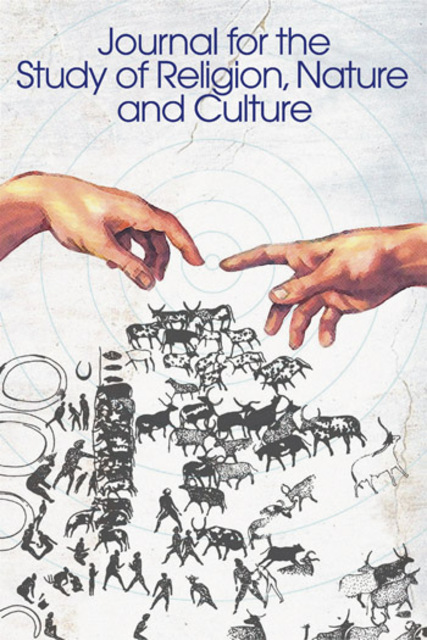Bears as Benefactors? Bear Veneration as Apicultural Risk Management in Roman Spain

Full description
Worship of bear deities in pre-Roman and Roman Spain seems to have occurred for rather pragmatic reasons having more to do with the activities of bears rather than bears themselves. I show that this reverence originated in an important mode of subsistence in Iron Age and Roman central Spain, beekeeping, upon which the predatory habits of the bear, common in the Peninsula until recent centuries, came increasingly to encroach. I demonstrate that Latin votive dedications made to a Celtiberian deity named Arco in the region of Segovia during the early Principate should ultimately be considered as a reflection of the importance of indigenous honey production. By conceptualizing Arco, whose name in Celtiberian meant ‘bear’, as a rationalization of apicultural risk, we gain a powerful new tool in understanding both the importance of beekeeping in the Iberian Peninsula and how intimately connected in some areas it was with bears.
- typeImage
- created on
- file formatjpeg
- file size107 KB
- container titleJournal for the Study of Religion, Nature and Culture
- creatorDavid Wallace-Hare
- issn1749-4915 (online)
- issue14.3
- publisherEquinox Publishing Ltd.
- publisher placeSheffield, United Kingdom
- rights holderEquinox Publishing Ltd.
- volume
- doi
We use cookies to analyze our traffic. Please decide if you are willing to accept cookies from our website. You can change this setting anytime in Privacy Settings.
